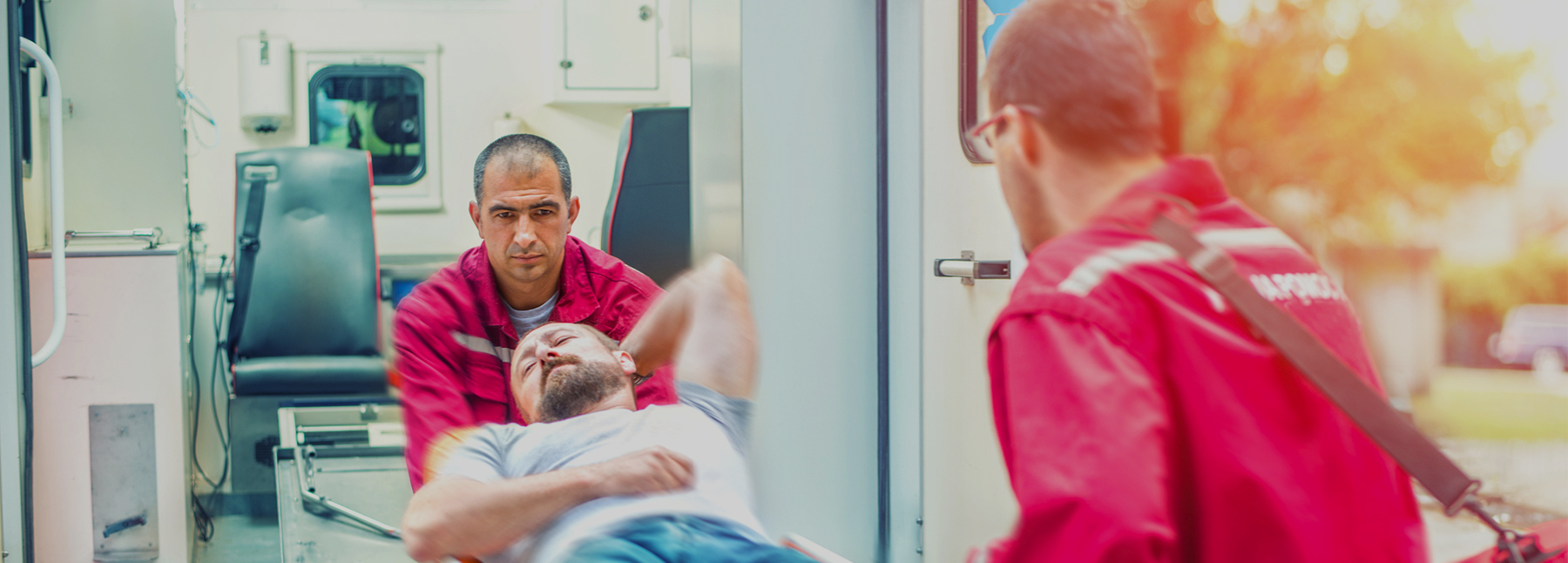Although unlikely, conflict can occasionally occur, particularly in countries where the political situation is unstable. The other thing to consider is the possibility of a terrorist attack, which are happening with more frequency in cities around the world. Although difficult to predict, it is important to not allow the risk of a random attack impact on our lives overseas.
There are some simple techniques you can use to reduce your chances of being harmed in conflict or if a terrorist attack does occur:
Register with your consulate or embassy: so they know you are in the country and you can be included in any expat communications or evacuations that occur.
Plan for the worst: ensure your expat health insurance includes medical evacuation and you have insurance in case of a non-medical evacuation.
Is there an evacuation plan: check with your new employer to see if they have an evacuation plan and familiarise yourself with it.
Pay attention: wherever you are but especially in crowds, look at what is happening around you. Note people who look like they don’t belong or who may be behaving erratically. Although it may seem restrictive, avoid dining al fresco. Eat indoors and note emergency exits. If an incident does occur, this may save your life.
Blend in: wear similar clothes to locals and drive a similar vehicle, chances are you won’t get a second look from the majority of people.
Be vigilant but don’t let fear impact on your expat experience. The majority of expat locations are as safe as anywhere else in the world.


